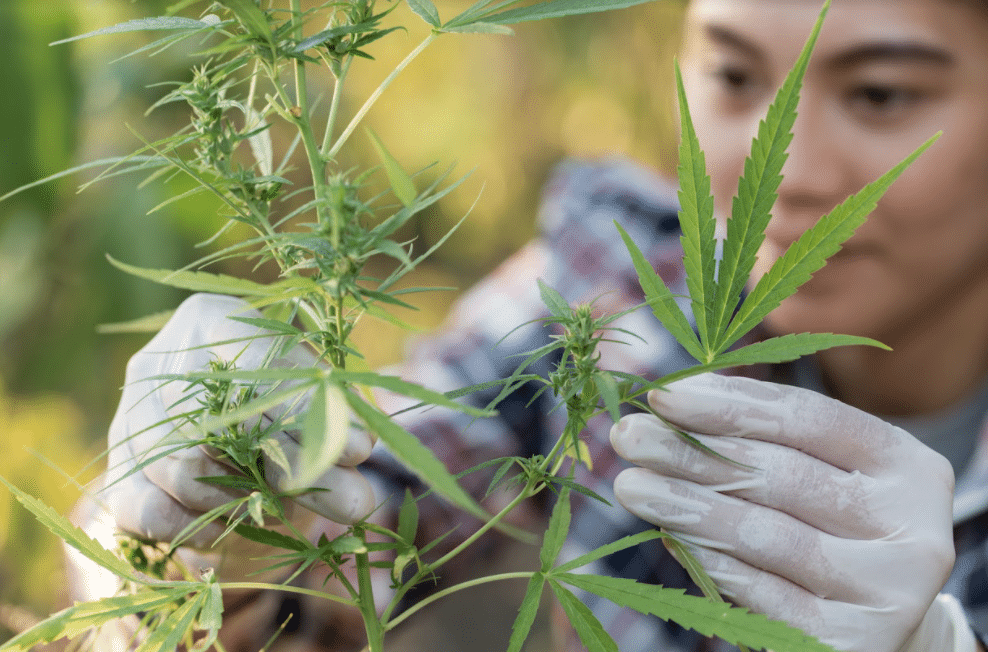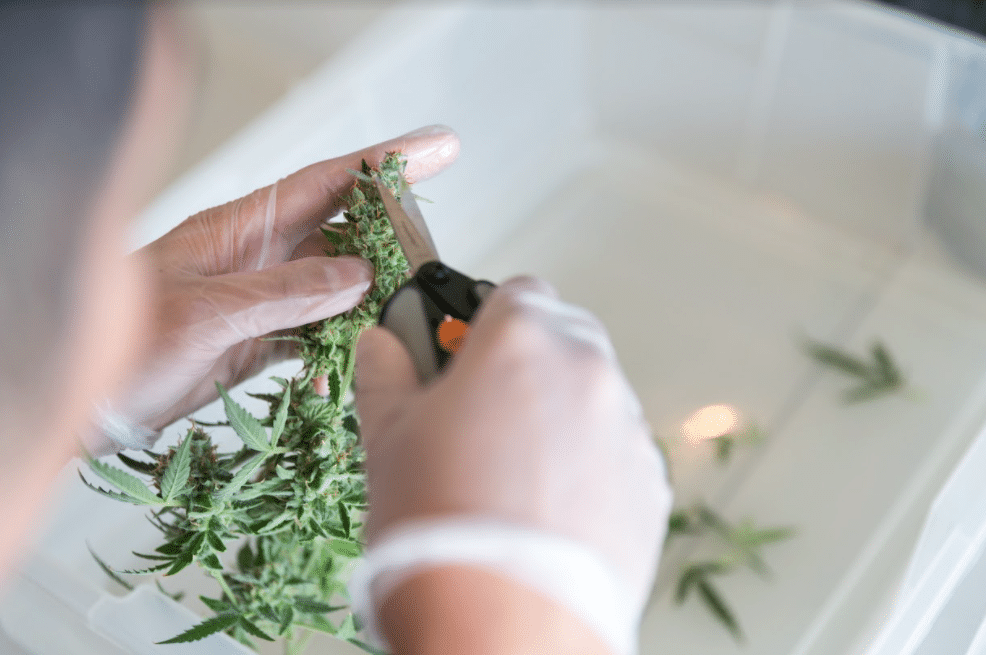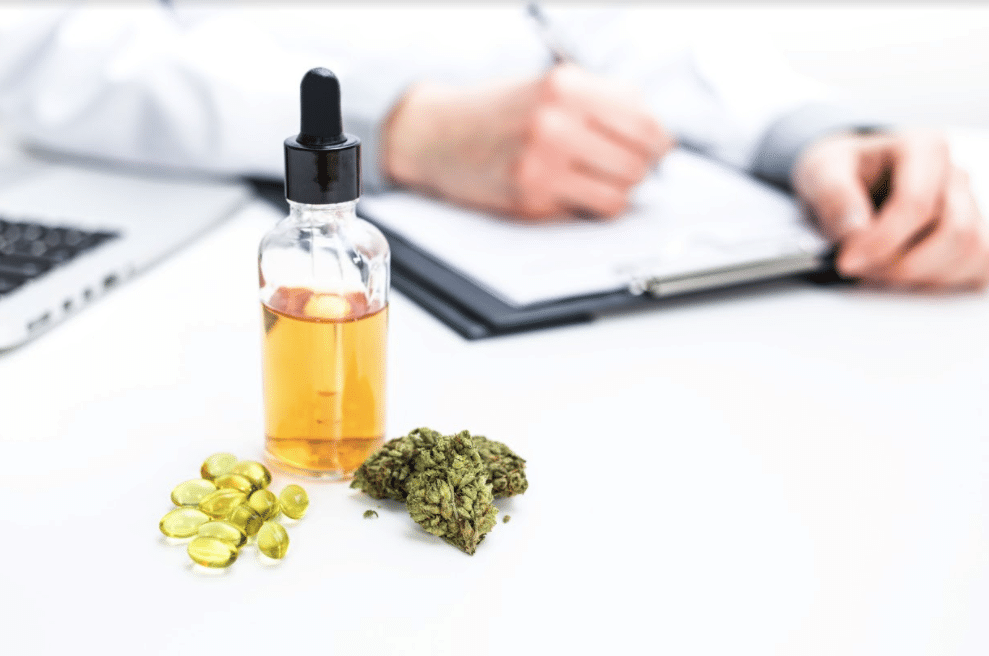In the field of cannabis production, the extraction technician plays a crucial role in the development of many products, having the specialist training needed for removing the cannabinoid-rich trichomes from the flowers of the cannabis plant. Beyond the training required for removing the most potent chemical compounds of the plant, the technician is also an expert in refining the extracts to improve the purity of the formulated products they will eventually be sold as. Due to the scientific nature of the work, and the specialist knowledge required for avoiding the inherent dangers of handling the tools of the trade, extractors are valued within the field.
To learn more about this role in the industry, let’s take a closer look.
What Exactly Are Cannabis Extracts?
Cannabis extracts can refer to a number of products deriving from the oily trichomes of the cannabis plant’s flowers, all generally containing higher levels of cannabinoids than other parts of the plant. Cannabis extracts can vary greatly in the levels and combinations of THC (tetrahydrocannabinol ) and CBD (cannabidiol) they contain. In addition to their highly potent nature, extracts are also reputed for having minimal odour compared with other cannabis products. Typically formulated into products intended to be smoked or vaped, or infused into edibles, extracts have a variety of applications within the industry.

Extracts often contain much higher levels of THC than dried-leaf cannabis products
How Does the Technician Formulate the Extract?
How Does the Technician Formulate the Extract?
The extraction technician must learn specialist knowledge over and above the standard requirements of cannabis industry training, needing to be highly skilled in the use of butane and carbon dioxide, and various scientific disciplines in order to produce quality concentrates. The technician can use a variety of methods to separate out the cannabinoid-rich compounds from the plant’s flowers, which can include both non-solvent and solvent techniques. In an industrial laboratory setting, solvent methods are considered more efficient for chemically extracting pure compounds from the plant material.

Alcohol solvents are commonly used for extracting pure cannabis compounds from the plant’s flowers
Alcohol is one of the most common solvents used in the extraction process, with various temperatures and applications of the solvent impacting the end product. Extraction via room temperature alcohol is generally the preferred method of licensed producers, involving the submersion of dried flowers in a vat before the material is removed, and the solvent gradually heated. This process produces a high-purity oil.
What Qualifications Does the Technician Need Beyond Standard Cannabis Industry Training?
Due to the highly specialized, scientific nature of the work, which includes the handling of flammable and explosive substances through closed-loop hydrocarbon extraction systems and the occasional use of commercial rosin press methods, most licensed cannabis producers will look for technicians having a bachelor’s or master’s degree, or even a doctorate in one of the following academic fields:
- Chemistry
- Physics
- Phytobiology
- Chemical engineering
It should be noted, however, that such level of qualification is not necessarily a requirement of the job. The position is still relatively new in the industry, which means producers are still in the midst of defining the role.

A technician’s job includes testing the potency of various plants and recording the data
Why Is it in the Best Interest of Producers to Hire Extractors?
Extractors are sought after in the field of cannabis production due to a level of training needed for the professional oversight and quality management legally expected of licensed operators. Research has revealed that the chemical solvent used to produce extracts can appear residually in the end product if processed incorrectly. Solvent levels deemed to be unacceptable in the industry would be potentially harmful to the user. Other chemical extract formulations have been found to be associated with health issues when heated to a high temperature. A person who has been trained in a recognized cannabis course understands just how significant these challenges are, and how important consumer safety is.
With these risks in mind, it’s critical for cannabis producers to hire professionals to adhere to regulations mandated by a quality inspection process that oversees the presence of both solvent and pesticide levels in the end product.
Are you interested in taking specialized training in the pursuit of one of many exciting possible cannabis careers?
Contact the Academy of Applied Pharmaceutical Sciences for more information on its Cannabis Management, Quality, and Edibles diploma program!




